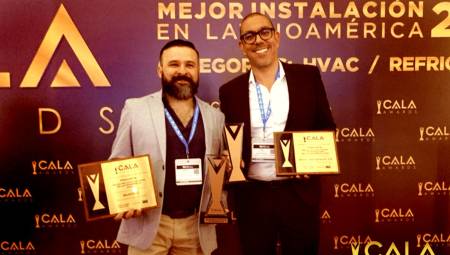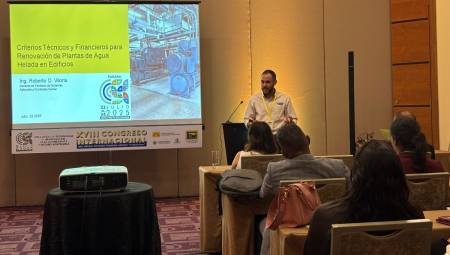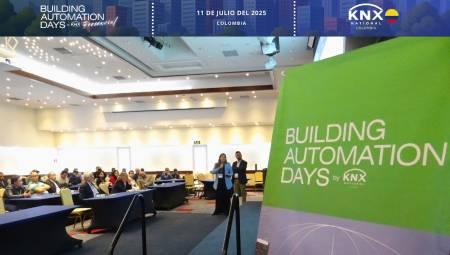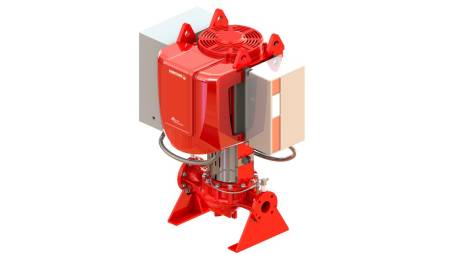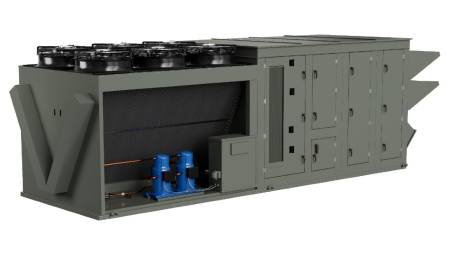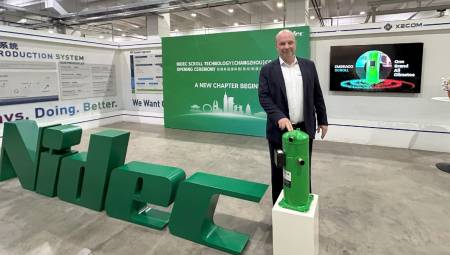Chile. In a decisive step towards cleaner and more efficient refrigeration, Chile will implement a pilot project to introduce transcritical CO₂-based cold-heat pumps in its domestic industry.
The initiative was approved by the Executive Committee of the Multilateral Fund of the Montreal Protocol, and seeks to reduce the use of hydrofluorocarbons (HFCs), improve energy efficiency and advance in the transition to technologies with low environmental impact.
The project will be led by the Ozone Unit of the Ministry of the Environment, with support from the United Nations Development Program (UNDP) as implementing agency. Over a period of three years, a public funding allocation process will be opened for companies interested in adopting this technology. The details of the call will be announced soon by the Ozone Unit.
Transcritical CO₂ technology offers a sustainable alternative to HFCs, as it is a natural refrigerant with high energy yield and low global warming potential. Dolores González Puchi, a professional from the Ozone Unit and responsible for the project in Chile, highlights:
"With this approval, we are taking a step towards cleaner technologies in the industrial refrigeration sector. The use of CO₂ as a natural refrigerant reduces emissions, improves energy efficiency and strengthens our commitment to the multilateral environmental agreements of the Montreal Protocol and its Kigali Amendment."
Once the project is completed, in May 2028, Chile must deliver a technical report with the results obtained, including activities carried out, evaluation of the technology and promotional actions. Energy efficiency guidelines will also be established to facilitate the adoption of sustainable technologies in the industrial sector.
This effort is part of the country's commitments to the Montreal Protocol and its Kigali Amendment, which promote the progressive elimination of ozone-depleting substances and the reduction of greenhouse gases. With this, Chile reaffirms its commitment to a fair, inclusive ecological transition focused on environmental and social well-being.




